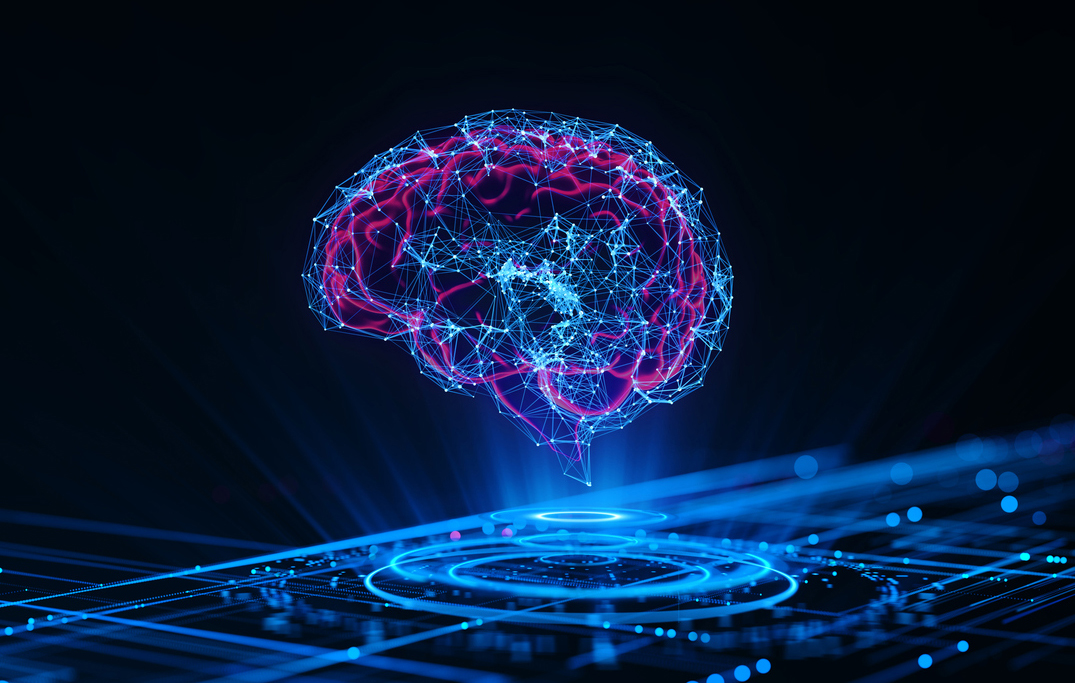Even one of the foundational creators of modern-day AI seems to be regretful of his life’s work.
Earlier this week, the Nobel Prize in physics was awarded to two pioneers of AI, Geoffrey Hinton and John Hopfield. Since the 1980s, their work in the field of computer science has led to the creation of neural networks, which are modeled after the way human brains make connections and enable computers to “learn” from data sets. This work ultimately became the basis of AI we commonly see today, like ChatGPT.
While Hinton was surprised to be a recipient of the prize, he is often called “The Godfather of AI.” His neural network company was acquired by Google in 2013. At the time, Hinton stated that he was, “extremely excited about this fantastic opportunity to… help Google apply new developments in deep learning to make systems that help people.” However, last year, after a decade of working with Google, Hinton left his position there. Why?
According to Hinton, it was so that he could speak freely about the dangers and risks of the very thing he spent his life creating. While Hinton believes that Google has acted responsibly with AI, he is more worried about how competitive the field of AI is becoming. With many companies trying to get in on the AI boom, the spread of misinformation has become more and more likely.
But misinformation isn’t the only thing that Hinton has concerns about. He’s compared the recent AI boom to the Industrial Revolution, believing that AI might one day “exceed people in intellectual ability,” with worries that we would have no way to control that. In 2023, Hinton even signed a statement that equates AI with other global risks such as nuclear war or pandemics to emphasize its severity.
Some have, of course, labelled this as extremism or “doomerism.” But if one of the leading pioneers of AI believes that it could develop sentience—or some form of it, at least— who’s to say?
